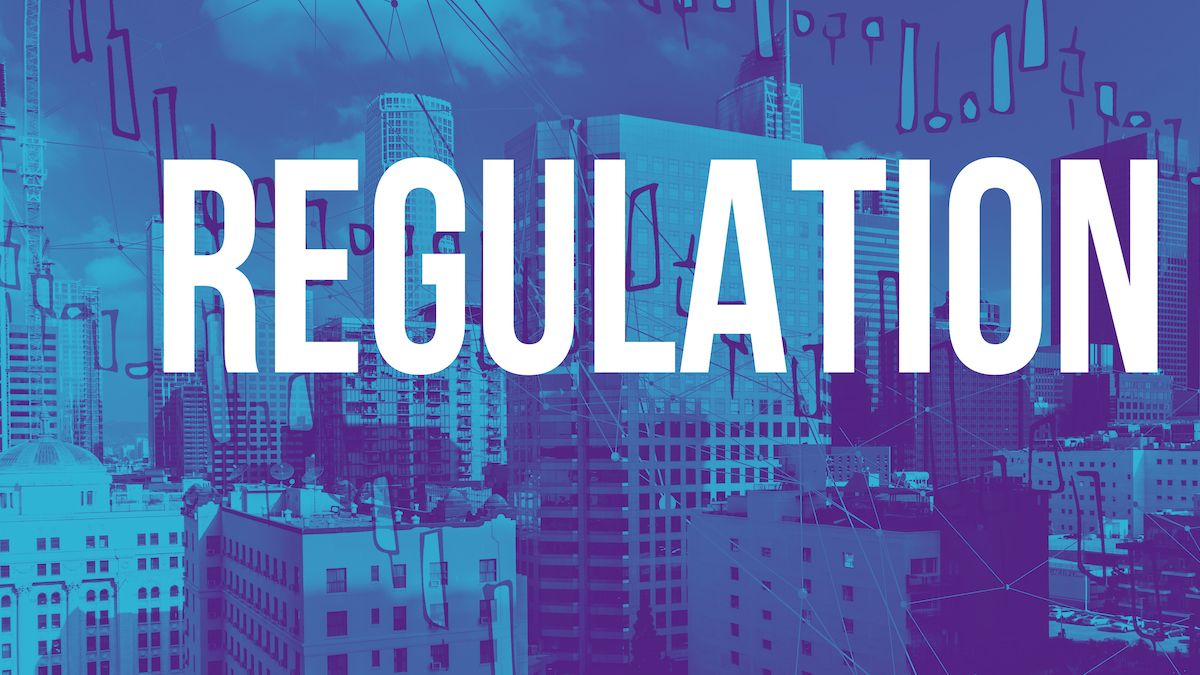Poloniex’s ex-owner to pay US$10.4m to settle SEC charges it operated crypto platform without license

Getty Images
The former owner of crypto exchange Poloniex has agreed to pay $10.4 million to settle charges that it operated the once-popular platform without a securities license, in violation of US law.
Boston-based Poloniex LLC, a subsidiary of Circle Internet Financial since 2018, operated Poloniex from its founding in January 2014 until its November 2019 sale to a group of Asian investors.
Announcement on SEC’s Charges Against Poloniex LLC
In light of the media reports on SEC’s charges against Poloniex, we would like to clarify that the entity running Poloniex is Polo Digital Assets.The aforementioned charges will not have any impact on Poloniex’s businesses.
— Poloniex Exchange (@Poloniex) August 10, 2021
The US Securities and Exchange Commission said that Poloniex allowed the trading of digital assets that are considered securities under a 1946 Supreme Court ruling SEC v W.J. Howey that resulted in what’s known as the “Howey test”.
Under the Howey test, if a financial instrument involves an investment in a “common enterprise” led by the expectations of profit solely by the effort of others, then it is a security under the law and can only be traded on regulated exchanges.
Poloniex stated internally in 2017 that it wanted to be “aggressive” in making new digital assets available on its platform, including those that might be considered securities under Howey, the SEC said.
Poloniex did “delist” certain assets that might be securities in 2018, but still offered others for trading considered “medium risk” of being considered securities under the Howey test. (The SEC’s order doesn’t say ones.)
“Poloniex chose increased profits over compliance with the federal securities laws by including digital asset securities on its unregistered exchange,” said Kristina Littman, chief of the SEC Enforcement Division’s Cyber Unit.
“Poloniex attempted to circumvent the SEC’s regulatory regime, which applies to any marketplace for bringing together buyers and sellers of securities regardless of the applied technology.”
Poloniex LLC agreed to pay $10,388,309 in fines to settle the matter without admitting or denying the SEC’s allegations.
‘No regulatory clarity’
Crypto-friendly SEC commissioner Hester Peirce said in a statement that the fine against Poloniex LLC “doubles down on the Commission’s enforcement-centric approach to crypto” and noted that during the period in question regulators were moving very slowly on crypto matters.
“Sure, Poloniex could have tried to register as a securities exchange or, more likely, as a broker-dealer to operate an alternative trading system (ATS), a type of regulated trading venue that might be better able to accommodate non-traditional securities.
“Had (Poloniex LLC) done so, it likely would have waited . . . and waited . . . and waited some more,” Peirce wrote.
Other members of the crypto community have said that the Howey test creates a huge grey area for many cryptocurrencies, with Ethereum 2.0 tokens and Uniswap‘s UNI coins both possibly meeting the definition of a security.
“I think the entire world is waiting for the SEC to tell everyone what’s a security and what’s not,” Shapeshift CEO Erik Voorhees told podcast host Laura Shin recently.
“No one knows. The lawyers don’t know. The SEC doesn’t know. If you ask anyone at the SEC, take the top 100 coins on CoinMarketCap and tell me which of those are security and which are not, they can’t do it. And that’s the SEC.
“They always talk about regulatory clarity. There is none, nobody knows where the line is getting drawn. Nobody knows which tokens are securities. All you can do is kind of try to read the tea leaves and try to be as far from a security as possible. …
“Thank goodness people are continuing to innovate anyway, and they’re not waiting for all these regulators that have no idea about this new technology.”
Related Topics
UNLOCK INSIGHTS
Discover the untold stories of emerging ASX stocks.
Daily news and expert analysis, it's free to subscribe.
By proceeding, you confirm you understand that we handle personal information in accordance with our Privacy Policy.








